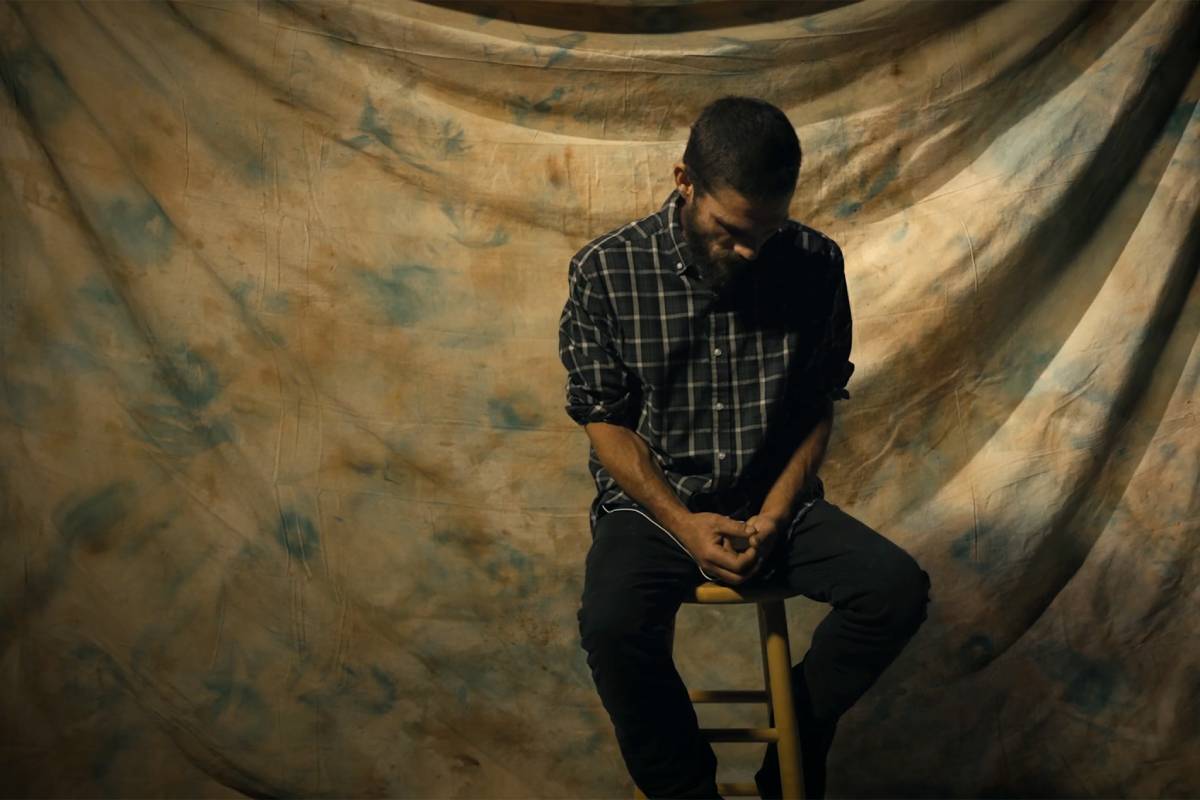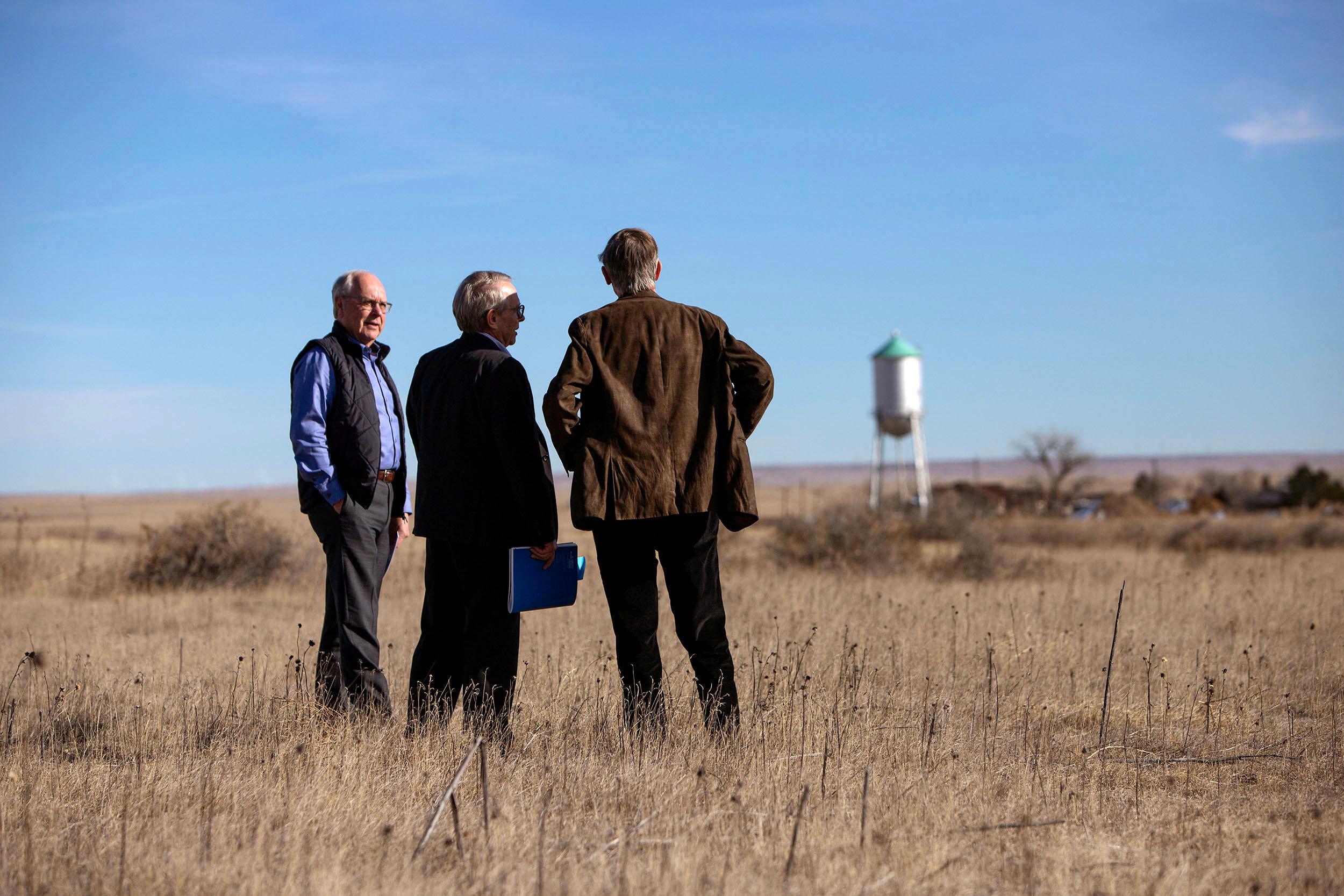
Grand Junction retiree Linda Stout didn’t just listen when friends shared sad stories about their adult children’s struggles with mental illness. She spent the next two years making a documentary film about the problem.
“The Invisible Patient,” premieres Thursday, May 15, at Colorado Mesa University. Stout spoke with Colorado Matters’ Andrea Dukakis about her hopes that it will be a catalyst for change in a culture that falls short when it comes to providing adequate care for those with mental illness.
“I got involved with three mothers with adult children with serious mental illness – the kind of illness you don’t get well from,” Stout said. “It was really a coincidence that all three of these mothers confided their stories to me. None of them could find any help with dependable care when their children were in crisis. I could see we are woefully behind in our mental health care and I decided making a film would create a good platform to tell their story.”
Stout used an internet search to recruit help for her documentary project from two Colorado Mesa University film students, Jaden Quan and Harry Fuentes. They signed on as directors. Stout is the executive producer.
“I found Jaden and Harry to be very mature and very emotionally intelligent. I felt like I won the lottery when I found them,” Stout said.
The film weaves the poignant voices of several men with serious mental illnesses into a storyline that also brings in the perspectives of their frustrated parents and of community members who have worked with people who are mentally ill.
Stout said some of those suffering problems with schizophrenia and other serious disorders of ‘variable neurology’ were eager to tell their stories on camera. They told her their perspectives aren’t often highlighted with such raw honesty.
“The interest in mental health in this country is almost barbaric,” said John Nelson, who provided powerful testimonials in the film about what it is like to try to fit into a society that doesn’t understand mental illness.
Nelson’s mother will take part in a panel discussion following the film’s premiere. The panel will delve into what is missing in treatment options for those like Nelson who struggle to find help for much of their lives.
The film delves into the particular problems that plague Grand Junction, where the Western Slope’s only inpatient mental health facility, West Springs Hospital, recently closed. At the same time, the Mesa County Behavioral Health program is in a leadership shakeup.
“We do know that people needing mental health care are in worse shape than they were before,” Stout said about the situation in Grand Junction.
“The Invisible Patient” points to a Colorado bright spot in mental health care in Eagle County, where a new community mental health center has brought together local organizations and resources under one roof to make a more functional and less wasteful system.
Stout said she also relied heavily on a book that has become her favorite source for wisdom on mental health treatment. “Healing: Our Path from Mental Illness to Mental Health” by Dr. Thomas Insel. Insel promotes the kind of comprehensive care that Eagle Valley and other areas are building up for the treatment of the mentally ill.
Stout said she hopes to bring her film to other parts of the state following its Grand Junction premiere.
Funding for public media is at stake. Stand up and support what you value today.









